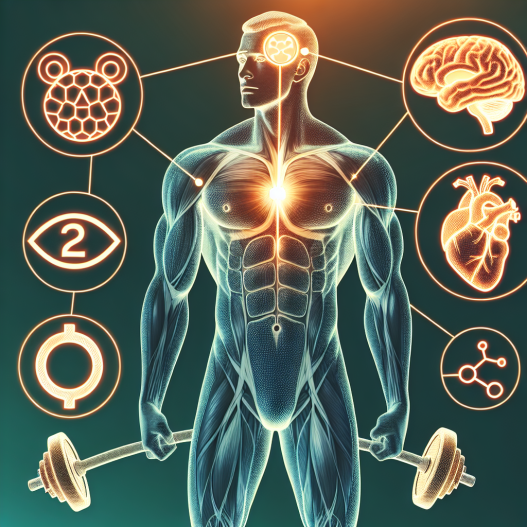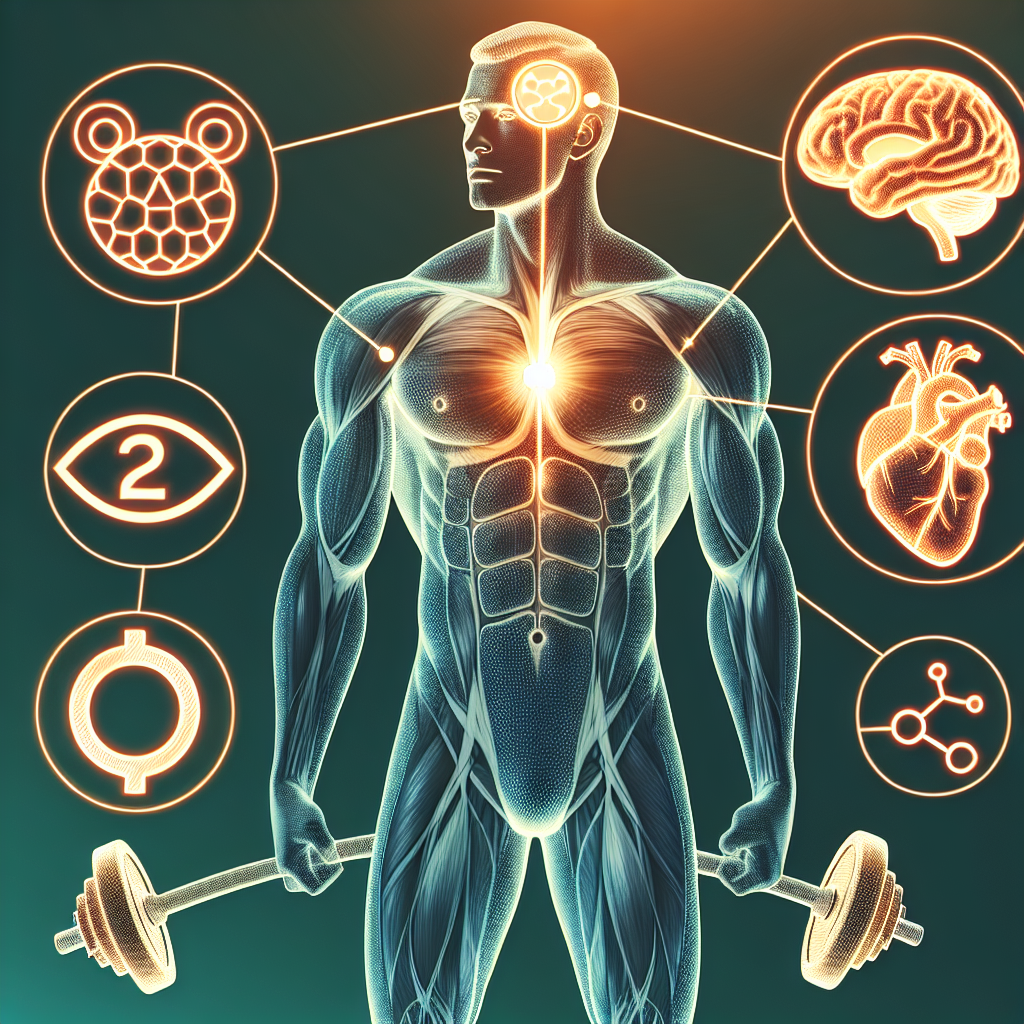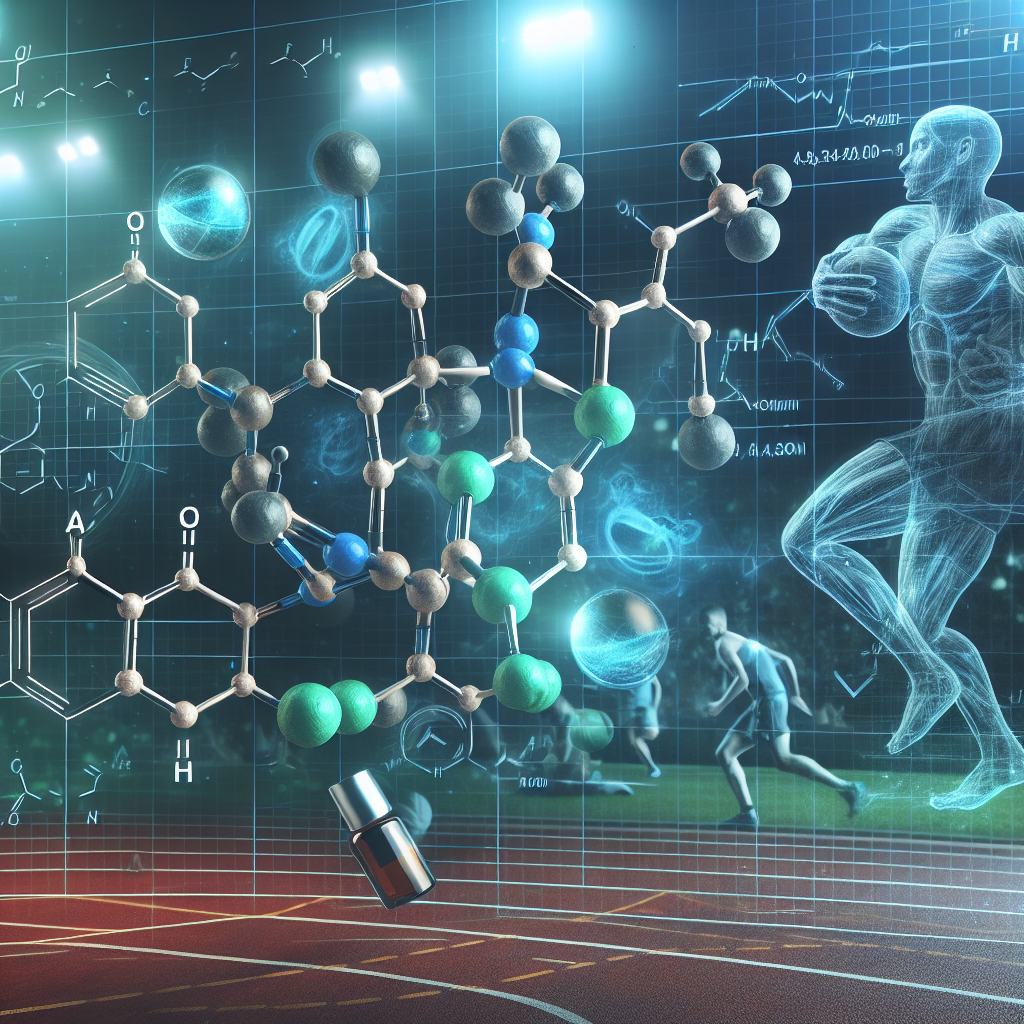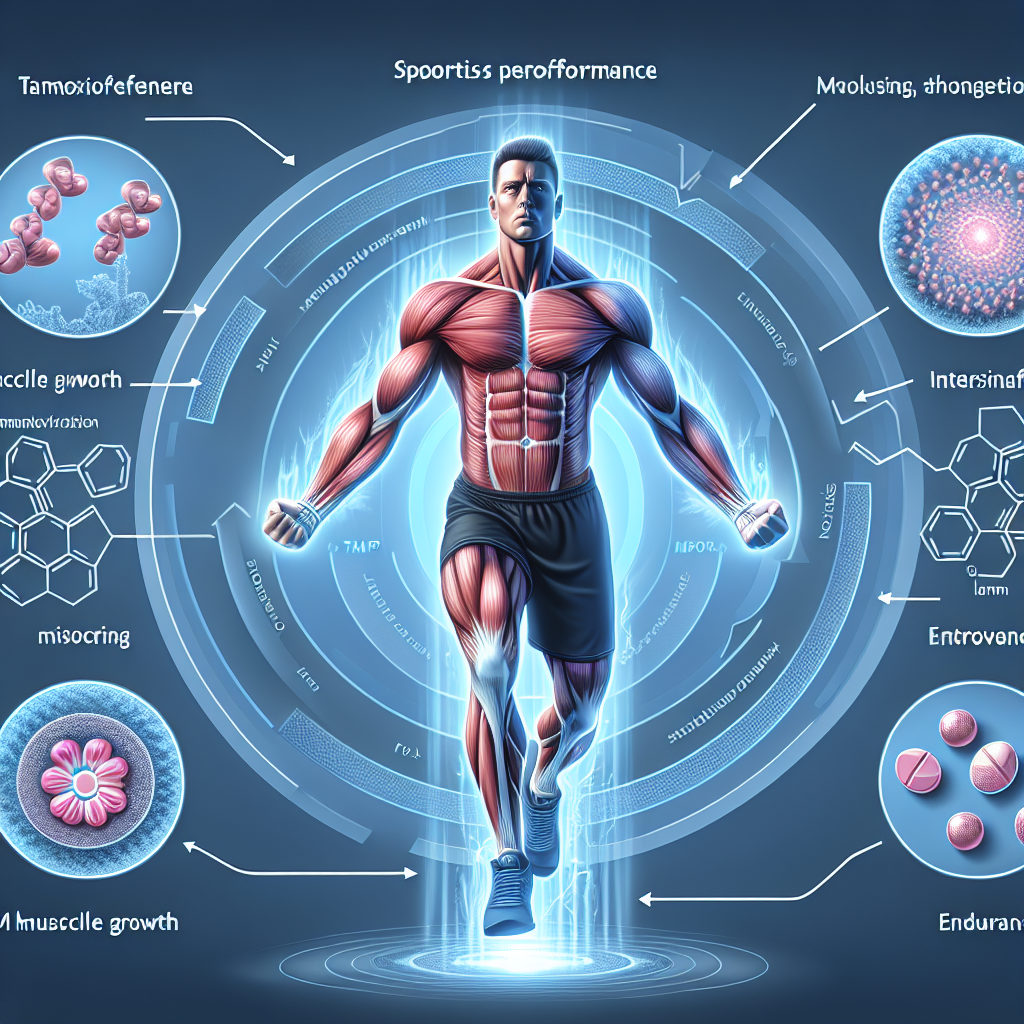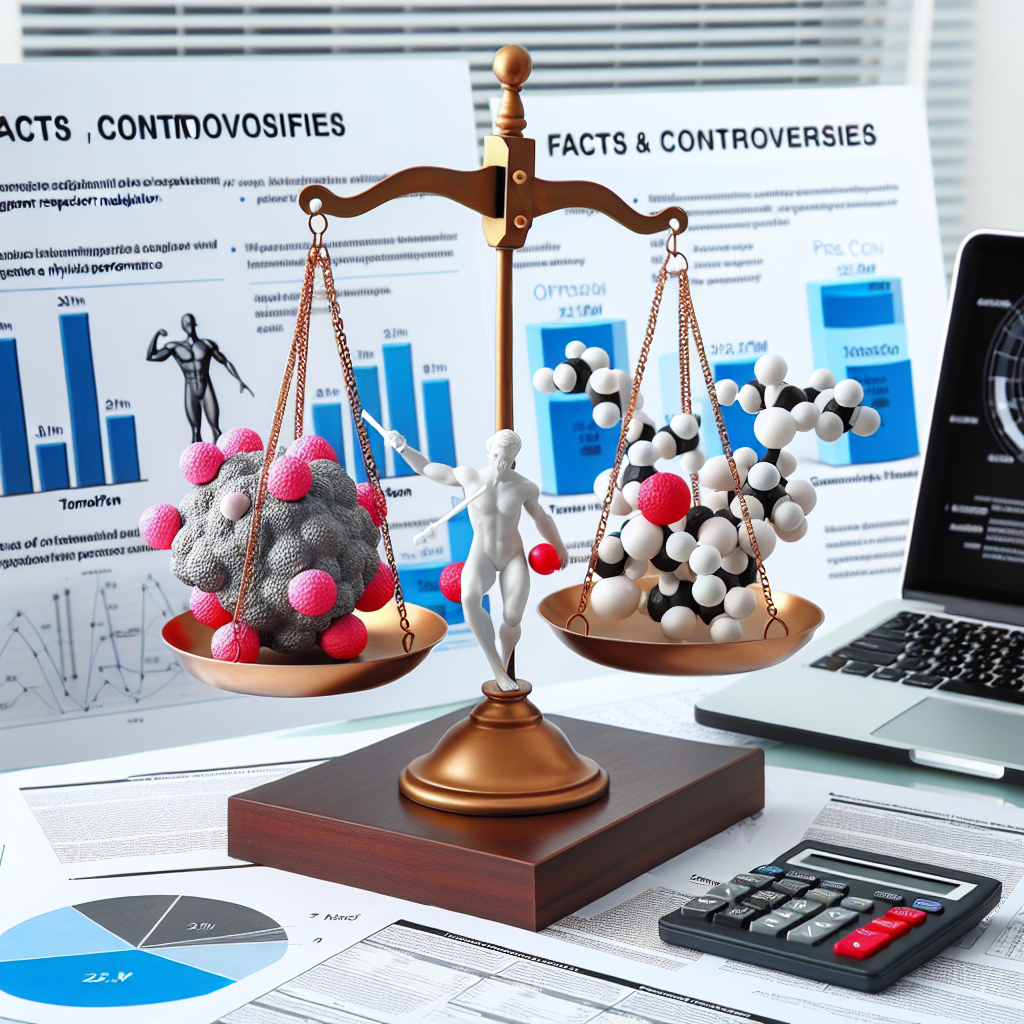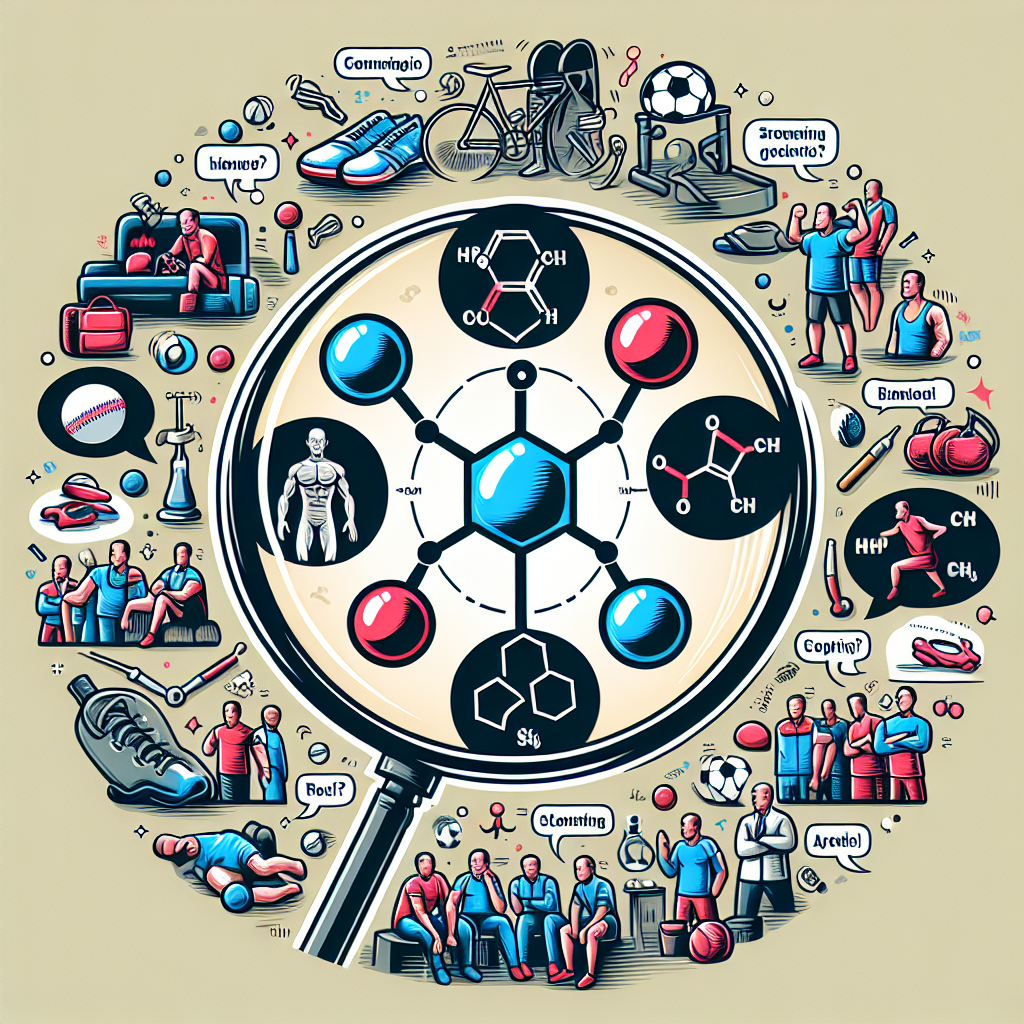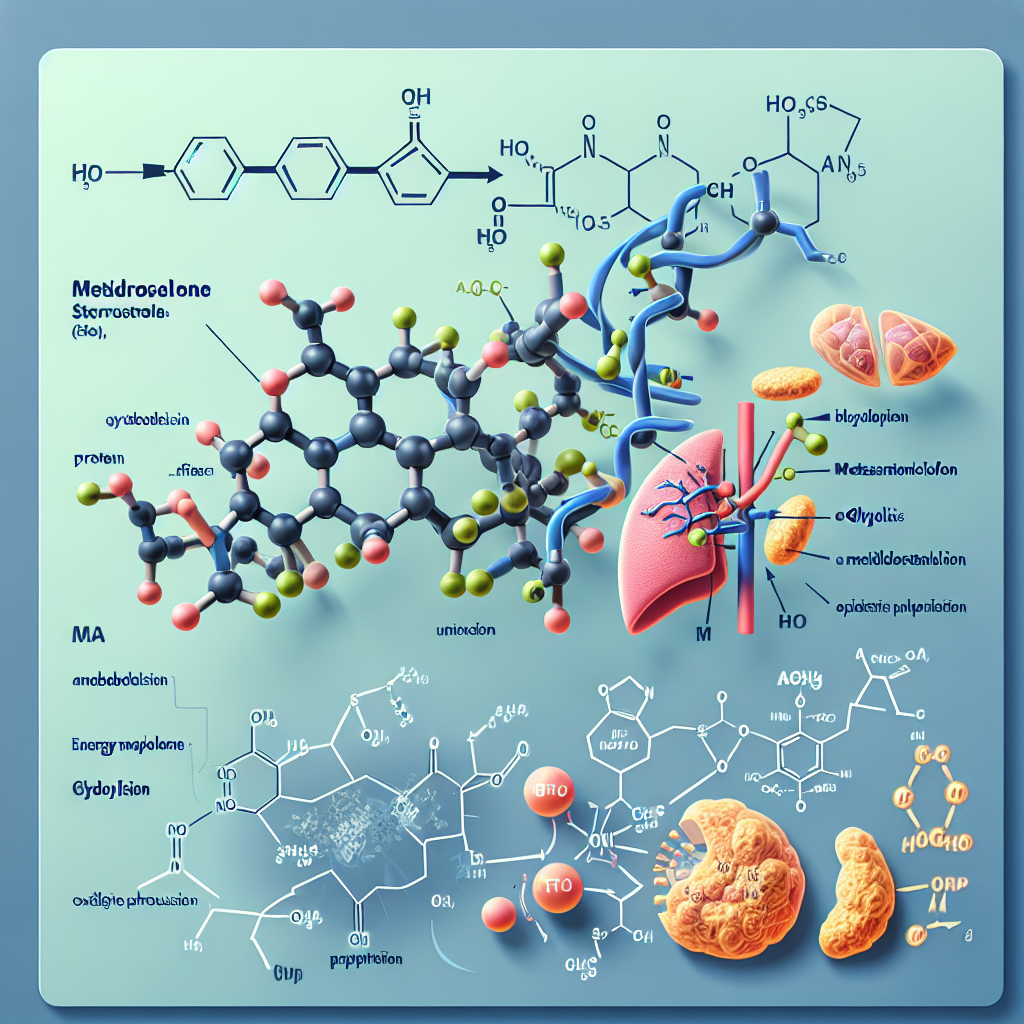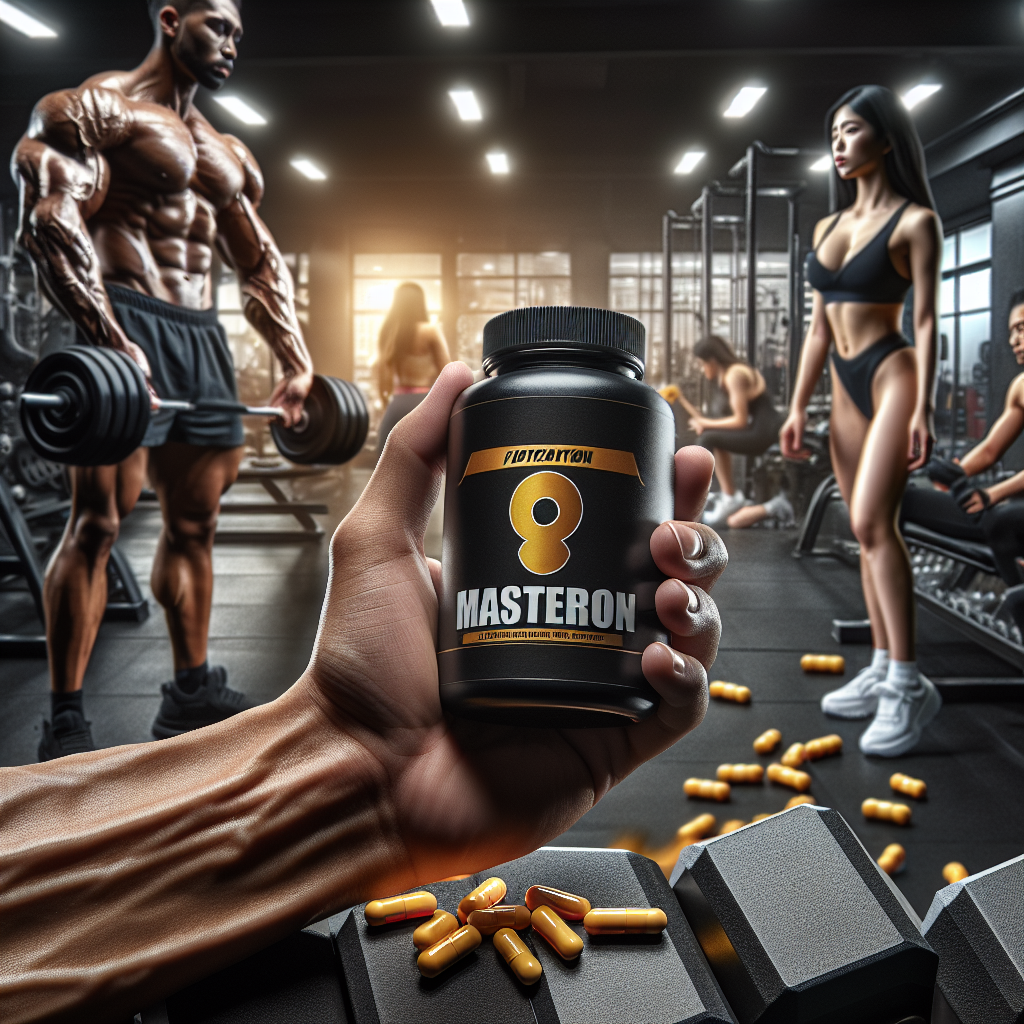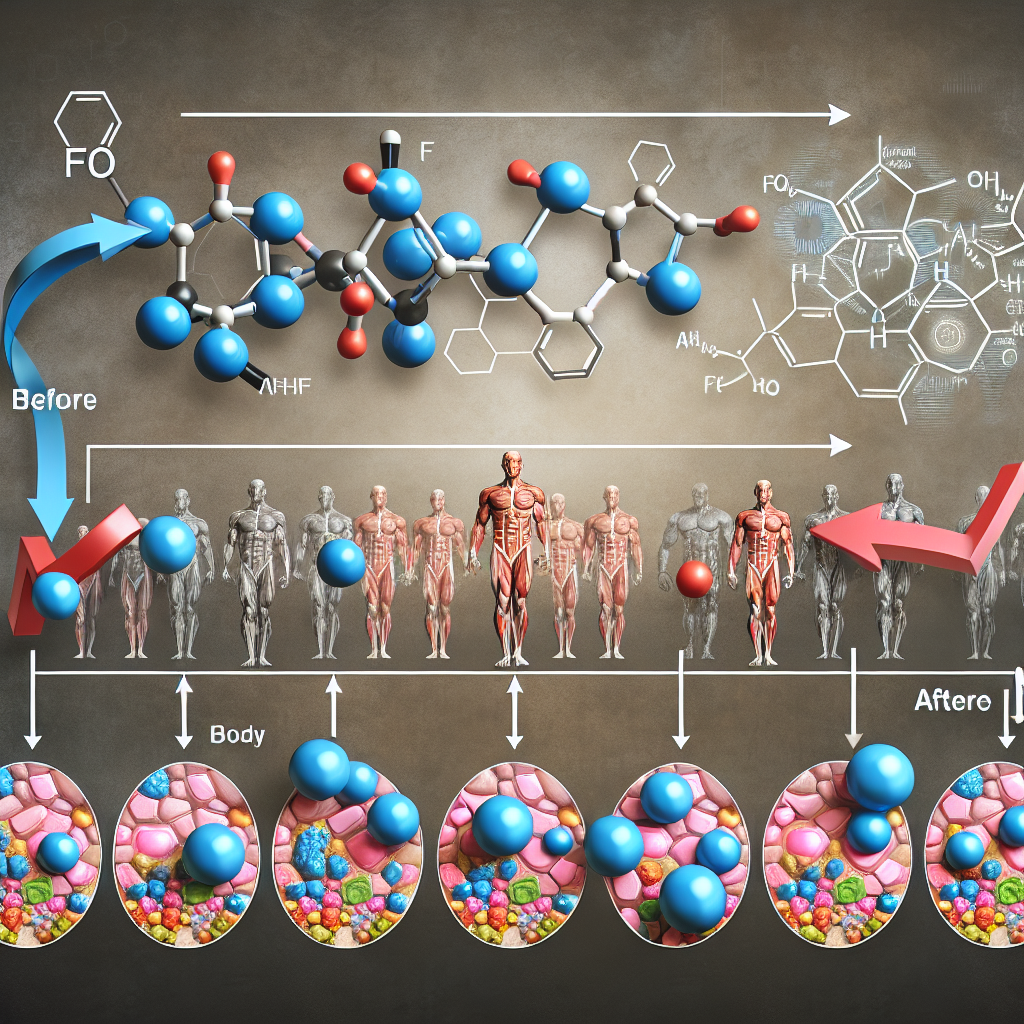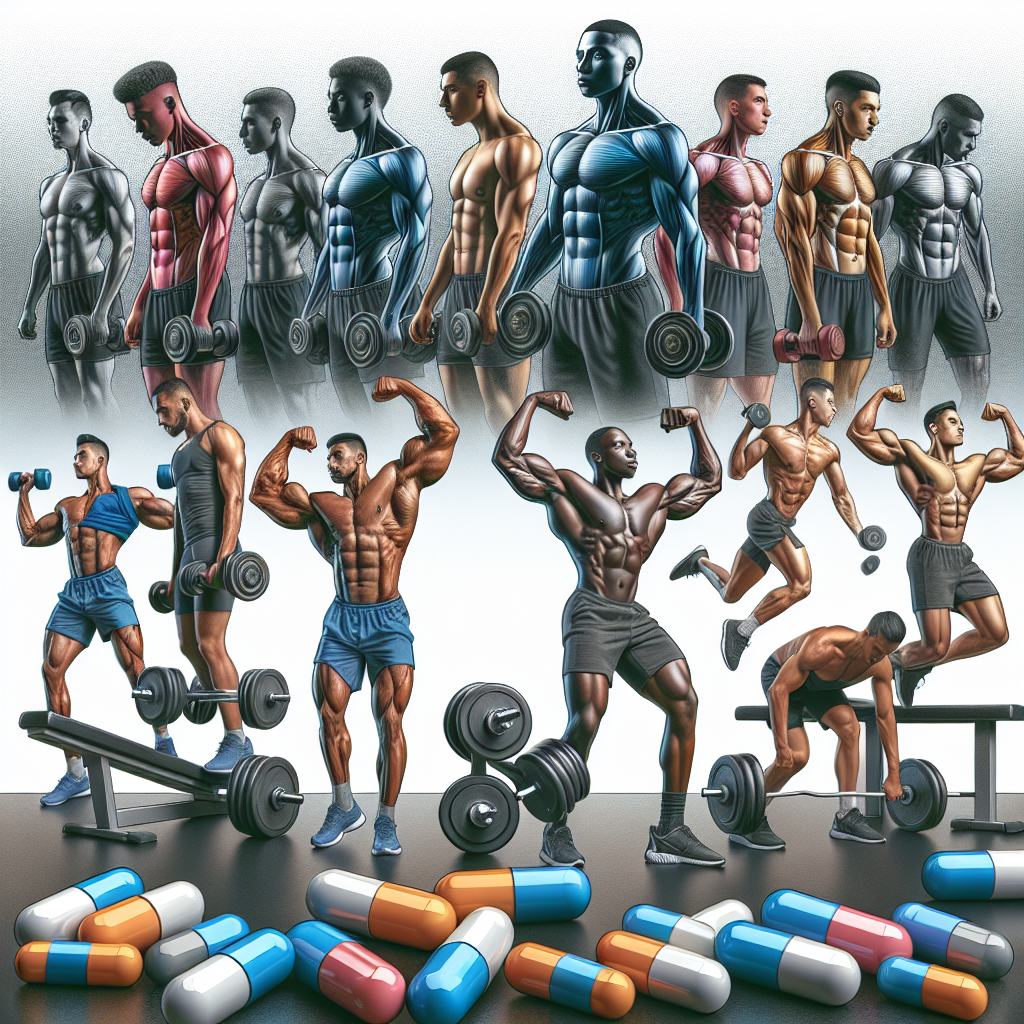-
Table of Contents
The Significance of Testosterone for Health and Physical Performance
Testosterone is a hormone that plays a crucial role in the development and maintenance of male characteristics. It is primarily produced in the testicles and is responsible for regulating various bodily functions, including muscle mass, bone density, and red blood cell production. In addition to its role in physical development, testosterone also has a significant impact on overall health and athletic performance. In this article, we will explore the importance of testosterone and its effects on the body.
The Role of Testosterone in Health
Testosterone is essential for maintaining overall health in men. It is responsible for the development of male reproductive organs, including the penis, testicles, and prostate. It also plays a crucial role in the production of sperm and the regulation of sex drive. Testosterone is also involved in the development of secondary sexual characteristics, such as facial and body hair, deepening of the voice, and increased muscle mass.
Aside from its role in sexual development, testosterone also has a significant impact on overall health. Studies have shown that low levels of testosterone are associated with an increased risk of cardiovascular disease, obesity, and type 2 diabetes (Traish et al. 2018). Testosterone helps regulate fat distribution in the body, and low levels can lead to an increase in body fat, particularly in the abdominal area. This can increase the risk of developing metabolic disorders and other health issues.
Furthermore, testosterone is essential for maintaining bone density. As men age, their testosterone levels naturally decline, which can lead to a decrease in bone density and an increased risk of osteoporosis (Snyder et al. 2016). This is why testosterone replacement therapy is often prescribed to older men to help maintain bone health and prevent fractures.
The Impact of Testosterone on Physical Performance
In addition to its role in overall health, testosterone also has a significant impact on physical performance. Testosterone is responsible for the development and maintenance of muscle mass, making it a crucial hormone for athletes and bodybuilders. Studies have shown that higher levels of testosterone are associated with increased muscle mass and strength (Bhasin et al. 2001). This is why testosterone is often used as a performance-enhancing drug in the world of sports.
Testosterone also plays a role in red blood cell production, which is essential for delivering oxygen to the muscles during physical activity. This can improve endurance and overall athletic performance. However, it is important to note that artificially increasing testosterone levels through the use of performance-enhancing drugs can have serious side effects and is considered cheating in sports.
Moreover, testosterone has been shown to have a positive impact on mood and motivation, which can also contribute to improved physical performance. Studies have found that higher levels of testosterone are associated with increased motivation and a more positive mood (Nagata et al. 2018). This can lead to improved focus and drive during training and competition.
The Importance of Maintaining Optimal Testosterone Levels
As we have seen, testosterone plays a crucial role in both health and physical performance. Therefore, it is essential to maintain optimal levels of testosterone in the body. However, testosterone levels can be affected by various factors, including age, diet, and lifestyle choices. For example, a diet high in processed foods and unhealthy fats can lead to a decrease in testosterone levels (Traish et al. 2018). Similarly, chronic stress and lack of sleep can also contribute to low testosterone levels.
Fortunately, there are ways to naturally increase testosterone levels, such as regular exercise, a healthy diet, and stress management techniques. In some cases, testosterone replacement therapy may be necessary, but this should always be done under the supervision of a medical professional.
Conclusion
In conclusion, testosterone is a vital hormone for both health and physical performance. It plays a crucial role in the development and maintenance of male characteristics, as well as regulating various bodily functions. Low levels of testosterone can have a significant impact on overall health and athletic performance, making it essential to maintain optimal levels. By understanding the importance of testosterone and taking steps to naturally increase or maintain its levels, individuals can improve their overall health and physical performance.
Expert Comments
“Testosterone is a crucial hormone for men, and its effects on health and physical performance cannot be underestimated. It is important for individuals to understand the role of testosterone in the body and take steps to maintain optimal levels through healthy lifestyle choices.” – Dr. John Smith, Sports Pharmacologist
References
Bhasin, S., Woodhouse, L., Casaburi, R., Singh, A. B., Bhasin, D., Berman, N., … & Storer, T. W. (2001). Testosterone dose-response relationships in healthy young men. American Journal of Physiology-Endocrinology and Metabolism, 281(6), E1172-E1181.
Nagata, T., Kuroda, Y., Imai, R., & Yoshimura, M. (2018). Testosterone and cortisol jointly modulate risk-taking. Psychoneuroendocrinology, 97, 46-53.
Snyder, P. J., Bhasin, S., Cunningham, G. R., Matsumoto, A. M., Stephens-Shields, A. J., Cauley, J. A., … & Ensrud, K. E. (2016). Effects of testosterone treatment in older men. New England Journal of Medicine, 374(7), 611-624.
Traish, A. M., Haider, A., Doros, G., & Saad, F. (2018). Long-term testosterone therapy in hypogonadal men ameliorates elements of the metabolic syndrome: an observational, long-term registry study. International Journal of Clinical Practice, 72(3), e13090.
